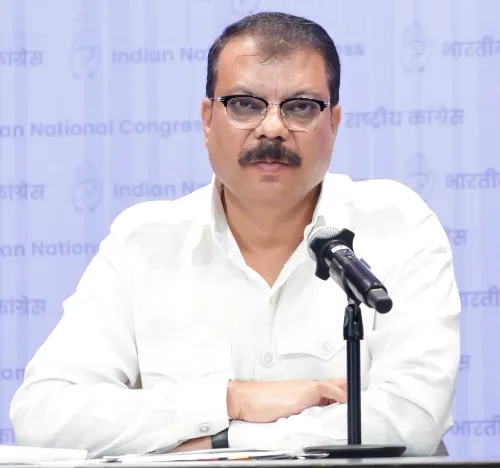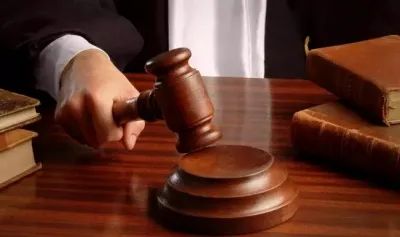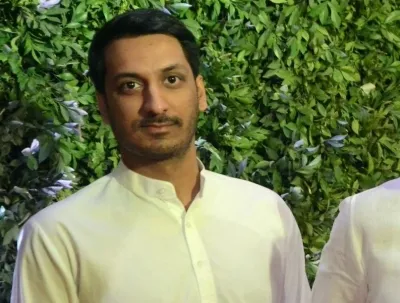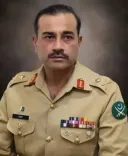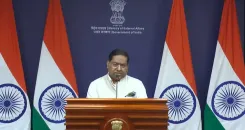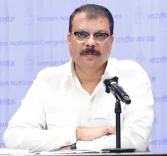Delhi Police Rescues Trafficked Girl from Bengal
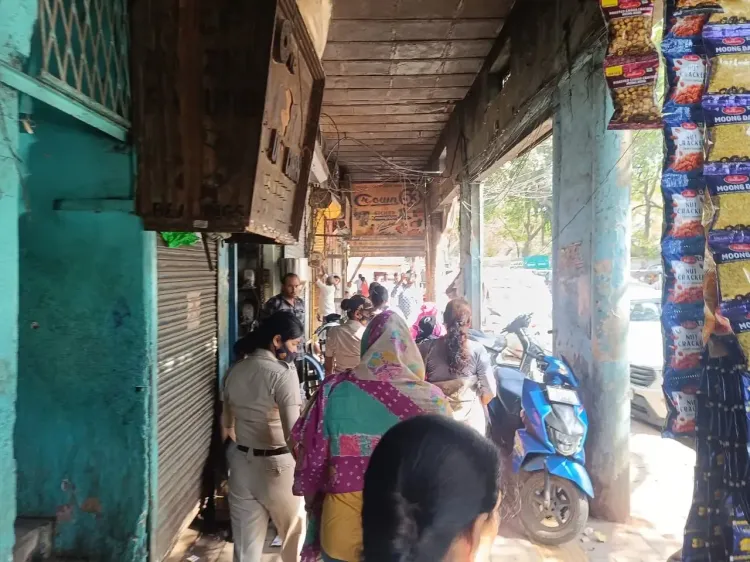
Synopsis
Key Takeaways
- Girl rescued from trafficking
- Delhi Police involved in operation
- Human trafficking is a major issue
- Anti-Trafficking Cell established
- Coordination with multiple ministries
New Delhi, April 5 (NationPress) National Human Rights Commission (NHRC) member Priyank Kanoongo announced on Saturday that a girl from West Bengal, who had been trafficked to the capital, was successfully rescued by the Delhi Police from a brothel. He shared on X, "Today, under my directive, Delhi Police executed a rescue mission and saved a girl from West Bengal from a brothel located in the GB Road red-light district. The informant, Mission Mukti Foundation, revealed that an individual named Mohammad Ghazi from South 24 Parganas had lured the victim into a false sense of love, trafficked her to Delhi, and sold her into prostitution in a brothel."
Despite ongoing efforts by law enforcement to address human trafficking, it remains a significant issue. The Ministry of Home Affairs has established an Anti-Trafficking Cell to enhance the law enforcement response to trafficking cases, a matter overseen by the Department of Women & Child Development.
A note states: "The Cell regularly provides guidelines to States/UTs to strengthen their responses against human trafficking. It coordinates with various ministries, including the Ministry of Women & Child Development, Ministry of External Affairs, Ministry of Labour & Employment, and Ministry of Railways, to tackle human trafficking issues. The Anti-Trafficking Cell also aids in organizing state-level conferences and judicial colloquiums to educate police officers, judicial officers, and other stakeholders about human trafficking. Furthermore, it is tasked with signing bilateral and multilateral agreements with other countries to confront human trafficking and participates in national and international meetings and conferences."
Importantly, Priyank Kanoongo is the former chairperson of the National Commission for Protection of Child Rights (NCPCR), a statutory body established by an Act of Parliament that operates under the Ministry of Women and Child Development.
The NCPCR is responsible for ensuring that all laws, policies, programs, and administrative mechanisms align with the Child Rights perspective as outlined in the Constitution of India and the UN Convention on the Rights of the Child.

